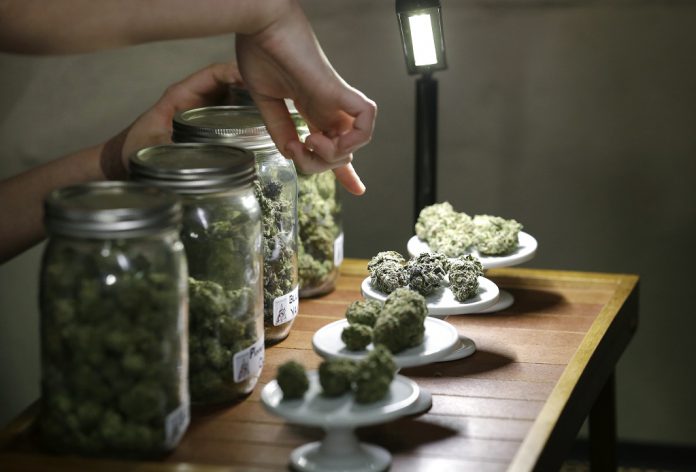Attorney General Jefferson Sessions’ cancellation of the Obama-era program that has made marijuana business thrive has become the talk of the country.
Different opinions about the emergence of the marijuana business have surfaced. School officials suggest that strict limitations should be set for students.
The controversy has been present since August, and the argument has leveled up over the past weeks as officials push hard to carry out a decree before the first marijuana business licenses are issued.
Unresolved issues include the extent of a neutral area from schools; a possible limitation on the number of marijuana licenses; and whether intake for socialization purpose while in cafes and yoga studios should be permitted.
City Councilor Owen Zaret points out that any legislation made based on a preconception, discrimination and self-perception may cause the community more harm than good. Owen adds that people need to focus more on education and prevention.
Zaret has expressed disapproval on disparaging allusions to the clients who will back up legitimate businesses and fancy tales of children enticed into the cannabis world by bloodshot eyed bogeymen.
Chuck McCullough, Chief Financial Officer of Williston Northampton School, together with two other officials, counseling director Duncan Laird and Dr. Kyle Pruitt, has spoken regarding the on-going legalization of marijuana.
Dr. Pruitt defines teens in his care that have developed marijuana-induced mental disorder to be “depressed and anxious” and have suddenly left school.
Christopher Cockshaw, who is the Planning Board Member, has eventually asked that the argument be put on the matter at hand. He has pointed out that it is for adults, so there was no point in talking about kids had suggested that they stick with the talk about the regulations regarding the buffer zone.
A joint decision between the Williston group and representatives from the public schools has brought forth a recommendation of a 500-foot buffer zone on any school; no on-site consumption of cannabis; and a limit of the total number of marijuana business establishments that can operate around the city.
Marin Goldstein, a School Committee member, reads an open letter on the effects of cannabis towards teens. He states that teen cannabis consumption results in the decrease of IQ, motivation, and memory of the individual.
Discussions on buffer zone have been carried out to limit retail cannabis shops on Cottage, Union, or Main Street. Everyone agrees on the need for accurate maps that show exactly which locations can be included in various buffer schemes.
Karima Rizk, who is planning to open a marijuana business cafe, speaks in favor of the regulations responsible for allowing such entities. Karima states that people may not smoke in their own places, nor parents may not want to keep cannabis within their premises and city tourists may not want to smoke inside their own cars.
City Councilor James Kweicinski has expressed concerns about the on-site consumption, and said that it would be hard to prevent marijuana business restaurants from letting their customers take marijuana-infused meals.
On-site consumptions could be allowed through a vote of the City Council. The Cannabis Control Commission (CCC) will be coming out with clarifications regarding the matter in March 15 regulations.




